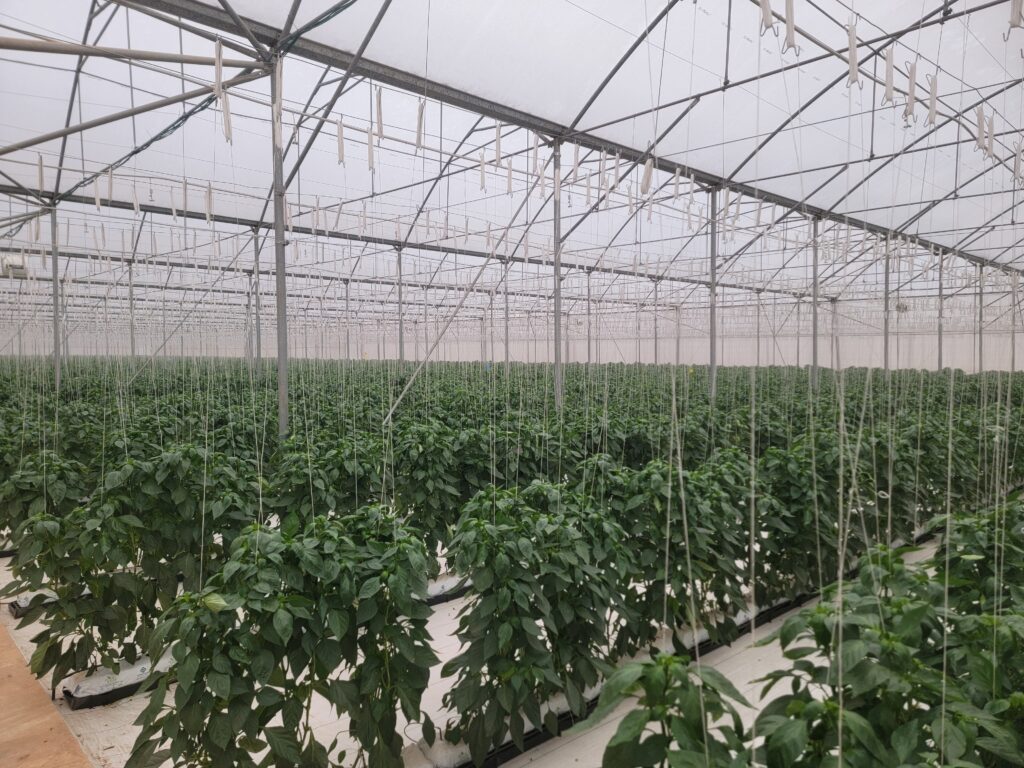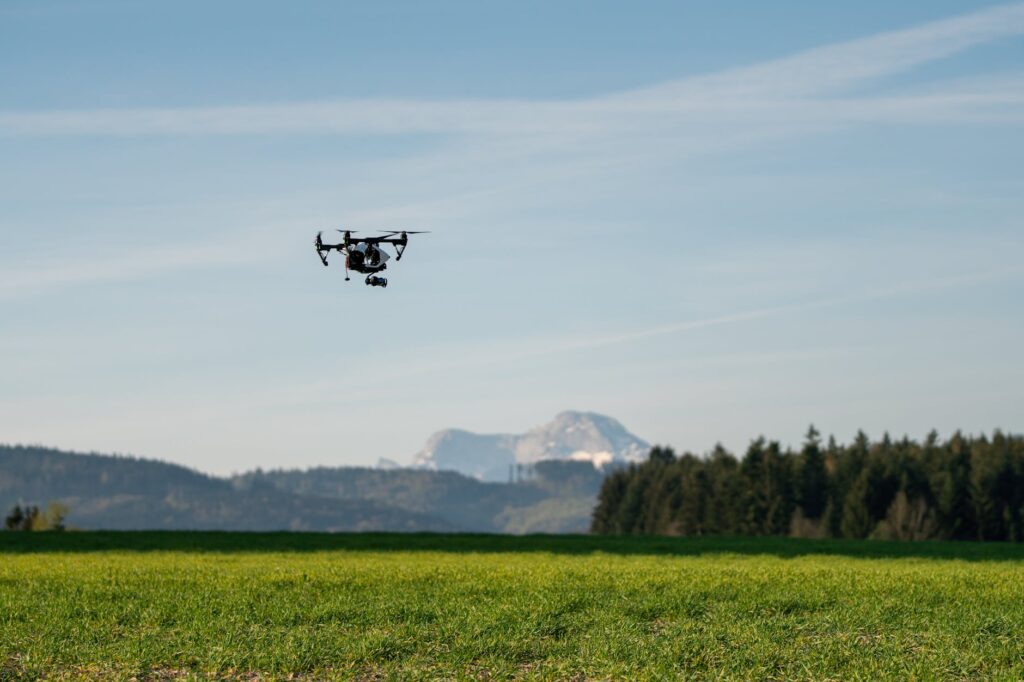In a continent where over 60% of the population is under the age of 25 and where food security remains a critical challenge, the waning interest of young people in agricultural education should be a national concern. Yet across Nigeria’s universities and polytechnics, agricultural faculties are witnessing dwindling student enrollments, raising questions about the future of the sector and the country’s ability to feed itself in years to come.
This trend is not only troubling—it is dangerous. With Africa’s population projected to hit 2.5 billion by 2050, and Nigeria expected to be over 400 million, the third most populous country in the world, the demand for food is set to skyrocket. But if the next generation of scientists, researchers, extension officers, and agripreneurs are not being trained today, who will drive the innovation, productivity, and resilience needed to feed this future?
The Numbers Tell a Stark Story
Data from Nigeria’s Joint Admissions and Matriculation Board (JAMB) consistently show that agriculture-related courses rank among the least selected by prospective university students. While courses like Medicine, Law, Engineering, and Computer Science receive hundreds of thousands of applications each year, programs in Agricultural Science, Crop Production, Animal Science, Soil Science, and Agronomy often attract only a fraction of that interest.
Some private universities and polytechnics have even had to suspend agricultural programs due to lack of students, while most university faculties struggle with aging lecturers, outdated equipment, and near-empty classrooms. The pipeline of young talent into Nigeria’s agricultural system is shrinking—and fast.
Why the Youth Are Not Interested
- Perception Problem: Agriculture is still widely viewed as a dirty, back-breaking, and low-status profession. Many youths associate it with rural poverty and manual labor, not with technology, wealth creation, or national development.
- Lack of Role Models: Unlike entertainment, tech, or finance, agriculture lacks visible youth icons who can inspire the next generation. Few young Nigerians can name a successful agribusiness leader under 40.
- Unclear Career Pathways: Many students don’t understand the wide range of careers available with an agricultural degree—from agritech to policy, from food processing to export marketing. Schools and guidance counselors rarely communicate these options effectively.
- Neglect in Policy and Funding: Agriculture education has long been underfunded. Laboratories are ill-equipped, practicals are few and far between, and internship opportunities are scarce. This contributes to an uninspiring academic experience.
The Risk to Food Security
The disengagement of youth from agricultural education has long-term consequences. The current workforce in the agriculture sector is aging, with the average age of Nigerian agric experts and technocrats estimated to be over 50 years. Without a younger generation to take over and modernize the sector, productivity could stall or decline, deepening Nigeria’s dependence on food imports and increasing vulnerability to global food price shocks.
Furthermore, innovation in agriculture depends on young, tech-savvy minds. From precision farming to climate-smart agriculture, the future of food depends on integrating modern science with traditional farming systems. If the youth are absent from classrooms and research centers, how can Nigeria or the rest of Africa compete in the global agri-food economy?
What Can Be Done?
The good news is that the situation is reversible—with the right mix of policy, investment, and storytelling.
- Rebrand Agriculture: Government and private sector players must work to reposition agriculture as a modern, profitable, and technologically advanced sector. Campaigns that highlight successful young agripreneurs and tech-driven farming can shift perceptions.
- Curriculum Overhaul: Agricultural education must move beyond theory. Universities should integrate entrepreneurship, agribusiness management, drone technology, AI, and climate science into their programs. Partnerships with private agrifirms can provide practical exposure.
- Scholarships and Incentives: Targeted scholarships, grants, and start-up funds for students who study agriculture can create strong incentives. Government loan programs like the Anchor Borrowers’ Programme can be expanded to include recent graduates in agriculture.
- Career Awareness at Secondary Level: Career guidance programs in secondary schools should include agriculture as a viable and attractive option, supported by real-world examples of young professionals making an impact in the sector.
Conclusion: Agriculture Needs a Youth Revolution
Nigeria and Africa cannot achieve food security without the intellectual and creative energy of the youth. If the younger generation continues to abandon agricultural studies, the continent’s long-term development goals—especially around hunger, poverty, and climate resilience—are at risk.
Now is the time to act. Agricultural education must be modernized, incentivized, and popularized. It’s not just about growing food—it’s about growing the future. If we fail to inspire the next generation to take agriculture seriously, we may find ourselves not just hungry, but helpless in the face of challenges we could have prepared for.
The seeds of food security must be sown today—in the minds and hearts of our youth.

